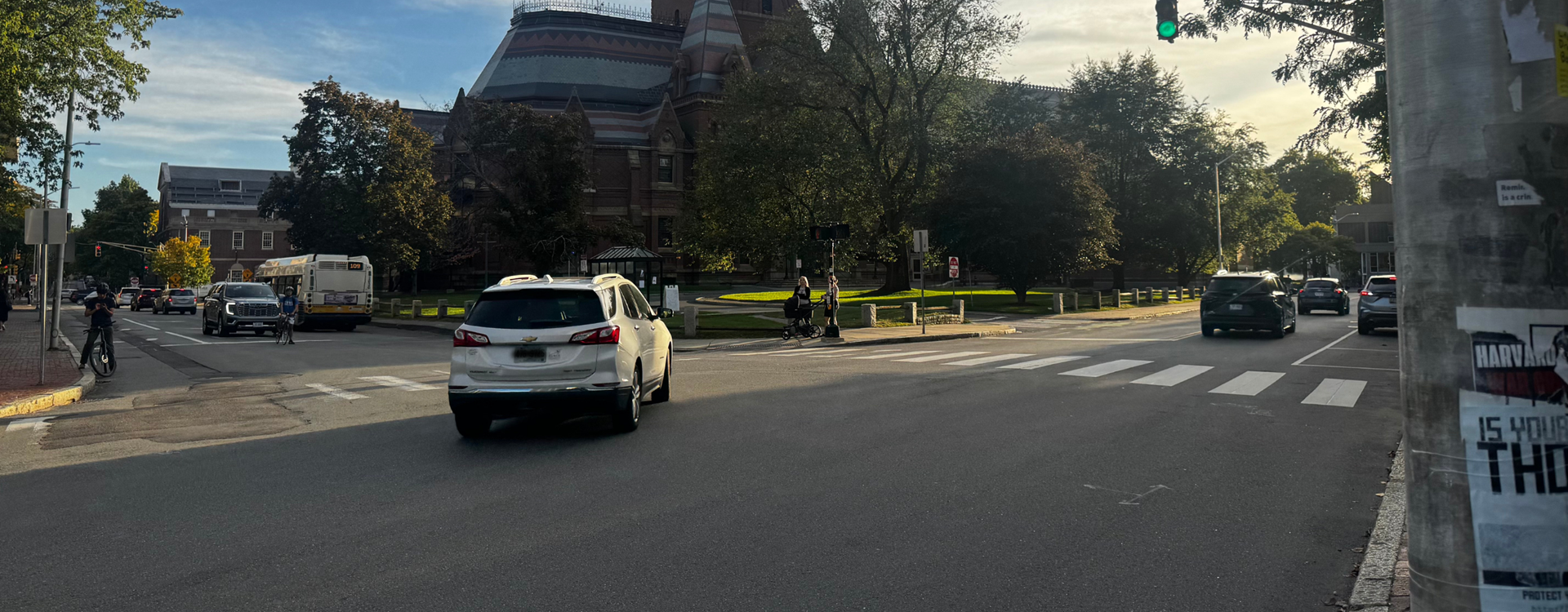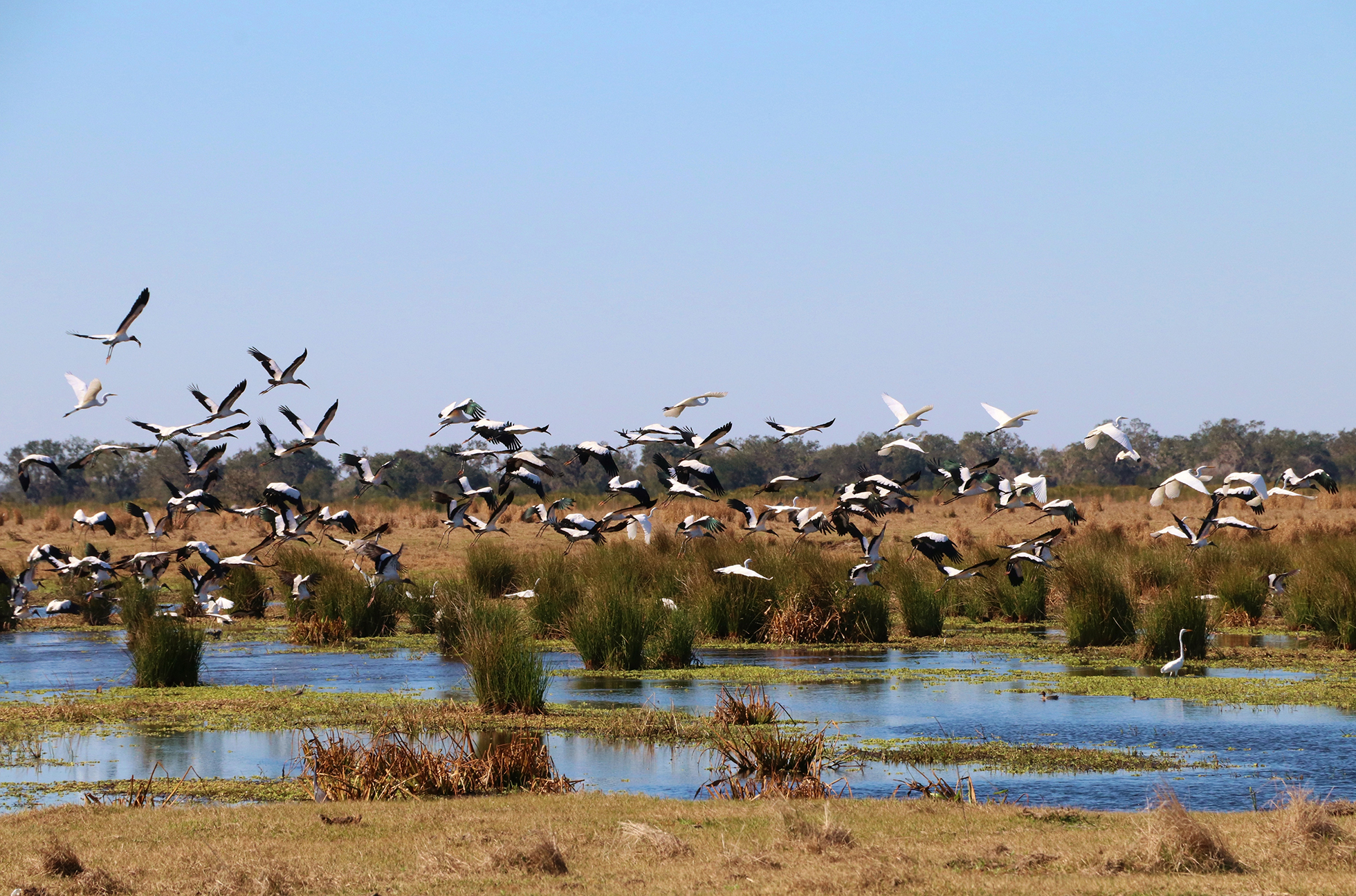Winter Wellness Walk
Take a brisk walk this winter and stay healthy and connected to the Arboretum at a time when the landscape is pared down to its beautiful bones. Join docent Carol Kuo for a 90-minute walk that is similar to a guided tour, but with a slightly faster pace and fewer stops, to keep your feet warm and your blood pumping! Please dress appropriately for the weather including sturdy footwear. Each walk will cover a different part of the Arboretum, depending on weather and seasonal features.


